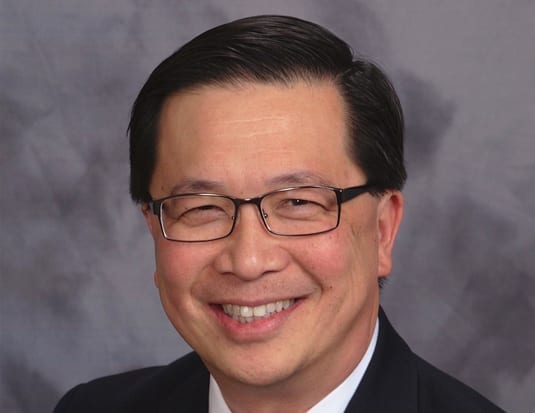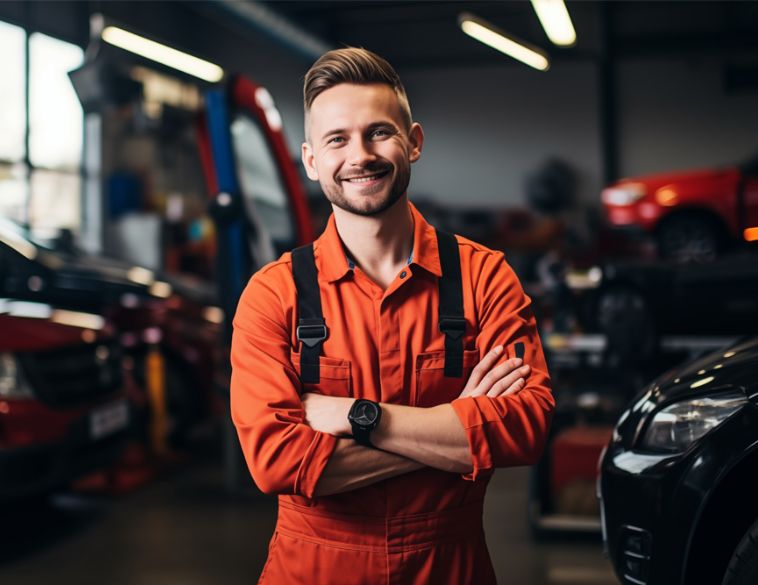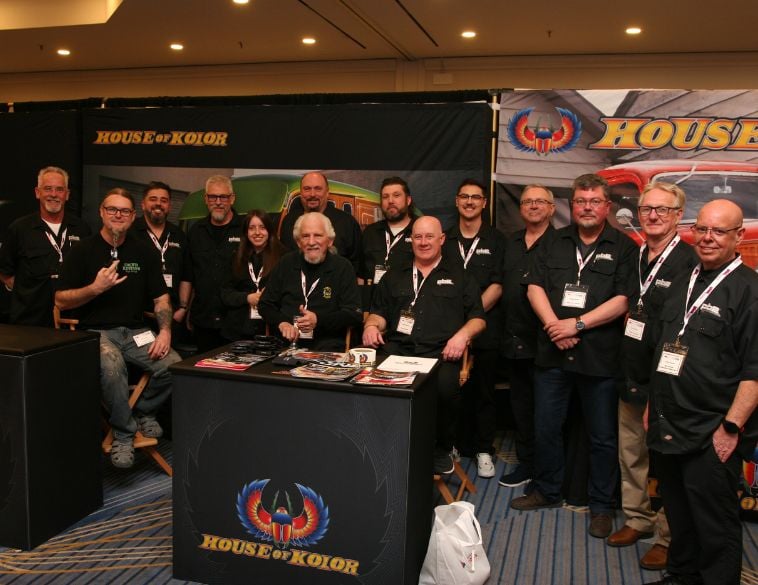At 29th International Conference on Automotive Body Finishing (SURCAR), Dr. Herman Yee, Global Manager of Technology for Electrocoat at Axalta Coating Systems, gave representatives from car manufacturers insight into new electrocoat technology innovations.
The event, which brings together a global audience of influential members in the automobile industry and associated paint industry experts, was held in Cannes, France, June 29-30, 2017. This year’s topics centered on current and future technology changes, market trends, what’s new in Smart Factory/Industry 4.0 developments, and strategic industry issues.
On the first day of SURCAR, Dr. Yee’s presentation—Electrocoat: Bringing Value to OEMs Today and into the Future—outlined the cost savings that the automobile industry can expect to make with higher electrocoat throw power. High throw power is seen as appealing because it can reduce the consumption of electrocoat. He also presented a novel, Axalta-patented approach to rheology control for better edge protection. Designed for a lower temperature reaction, it can inhibit flow before crosslinking and prevent the electrocoat from flowing away from edges before curing.
Dr. Yee concluded his presentation with an overview of future development targets for e-coats that cure at low oven temperatures.
“Car manufacturers around the world are currently focused on three things,” Dr. Yee summarized at the start of his remarks. “First, high throw power and cost savings; second, edge corrosion protection and quality, and finally, low temperature curing paints for lightweight body materials. These come coupled with the need for continued environmental compliance as well as process consolidation and simplification.”
With more than 1,300 research fellows, scientists and engineers at technology centres and laboratories around the world, Axalta invested over US$180 million last year to expand its R&D and technology capabilities, develop solutions in line with market needs—including low temperature curing and reduction of film build—and offer customers local technical support.
Dr. Yee noted that in five to eight years, a decrease in cure temperatures will be necessary. “While significantly reduced oven temperatures can lead to cost savings,” he said, “the real benefit to our customers is to allow plastic substrates on car bodies to pass through the electrocoat process without damage from the high temperatures typically associated with today’s ovens.”



